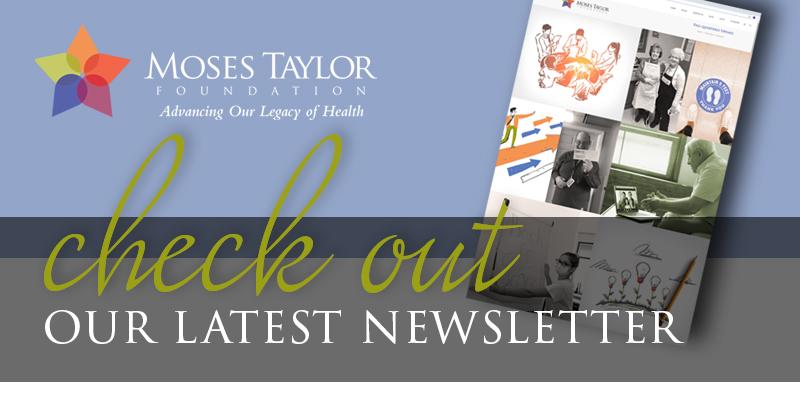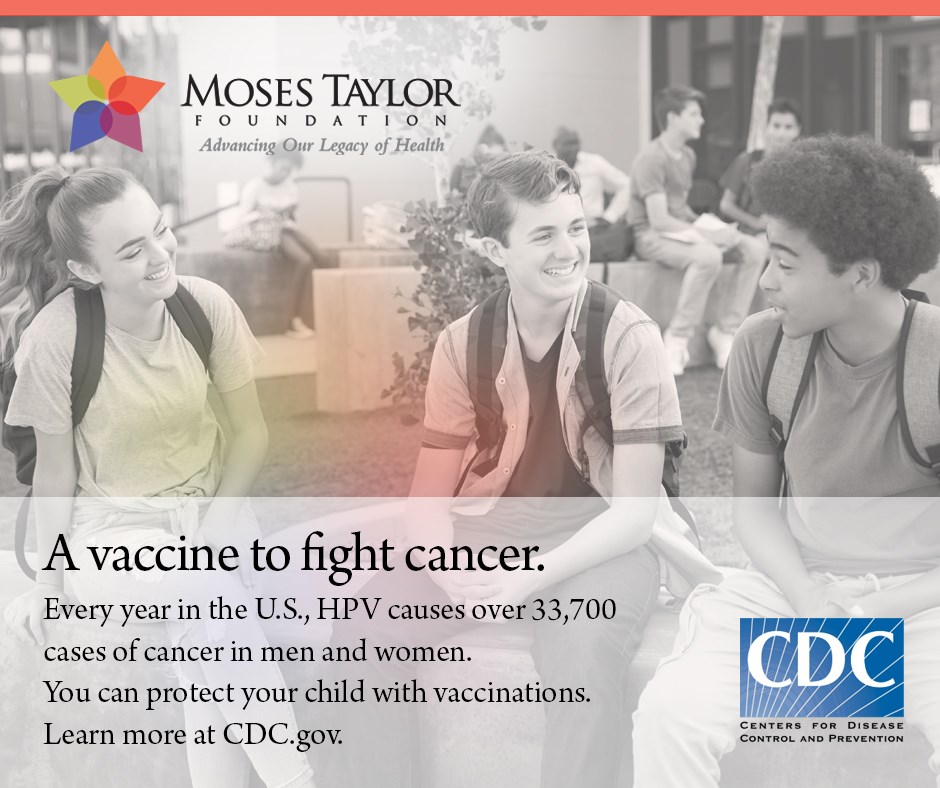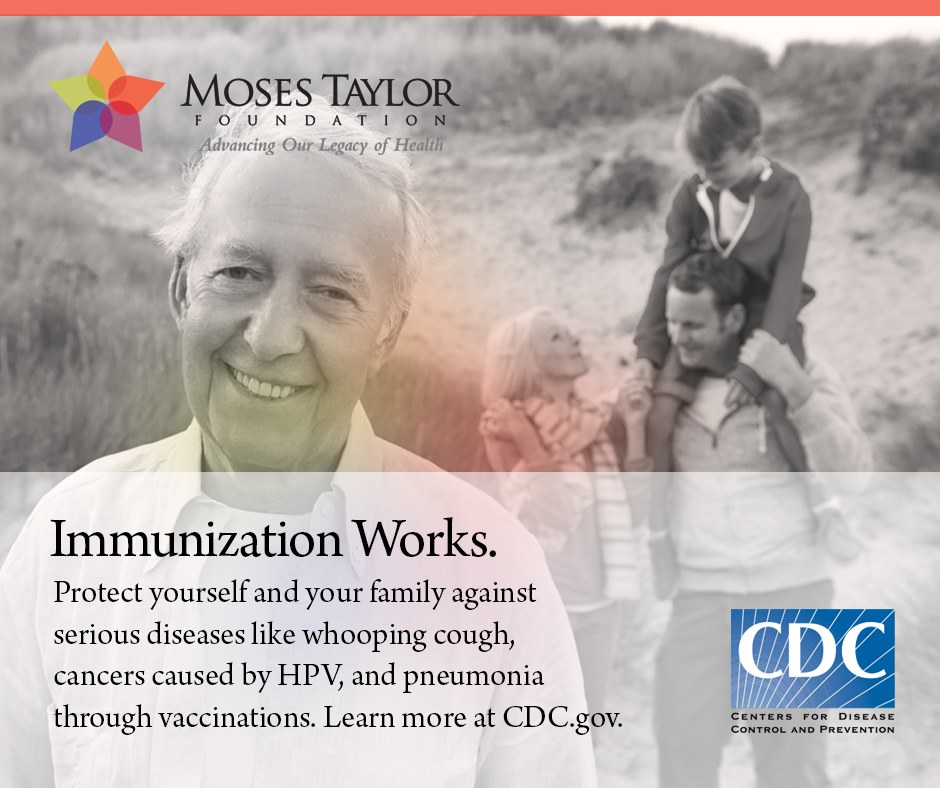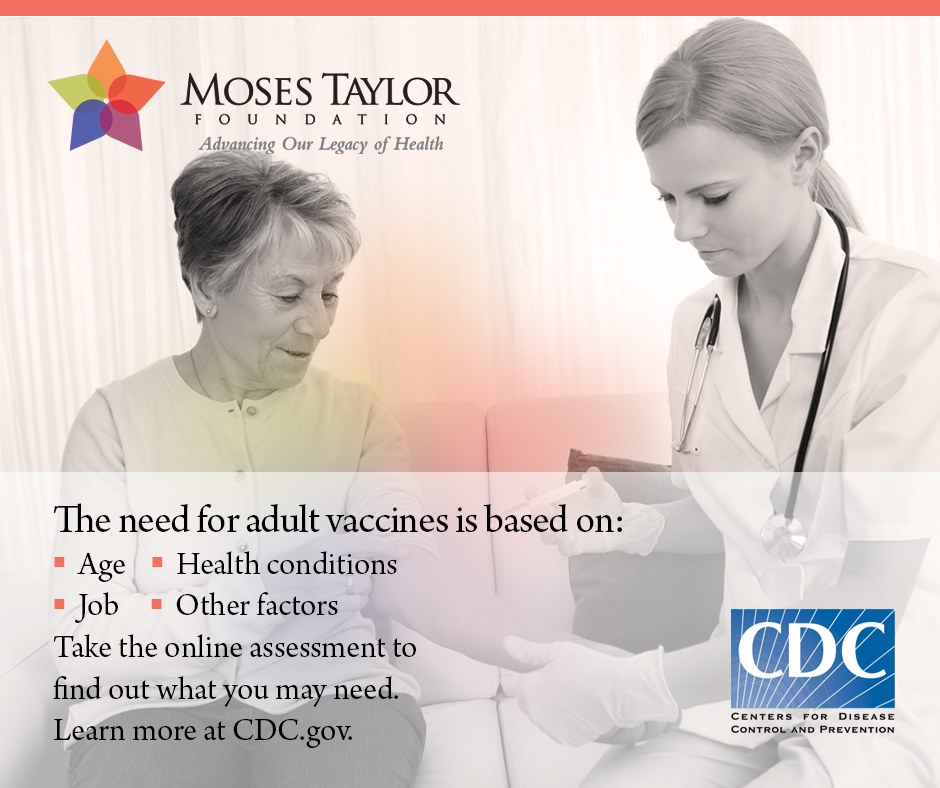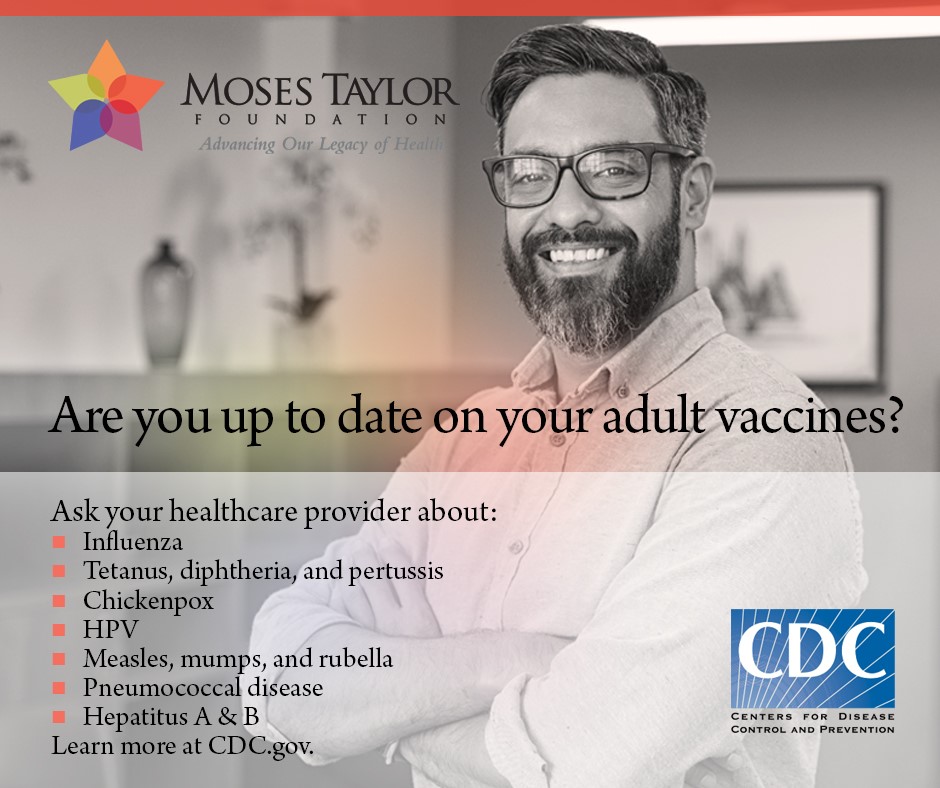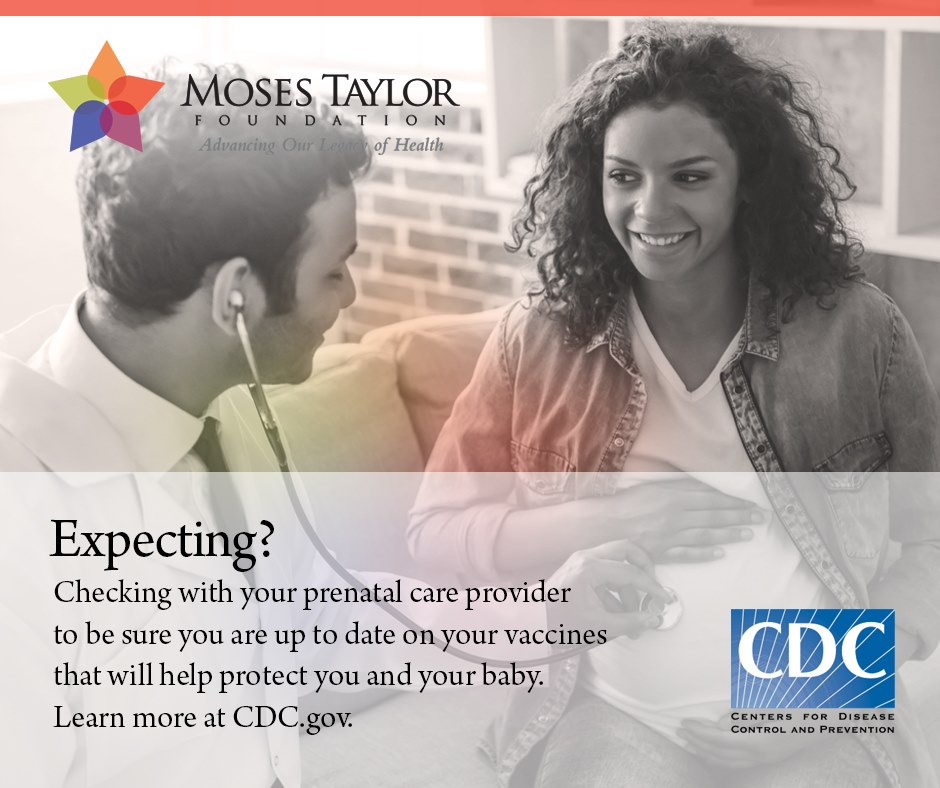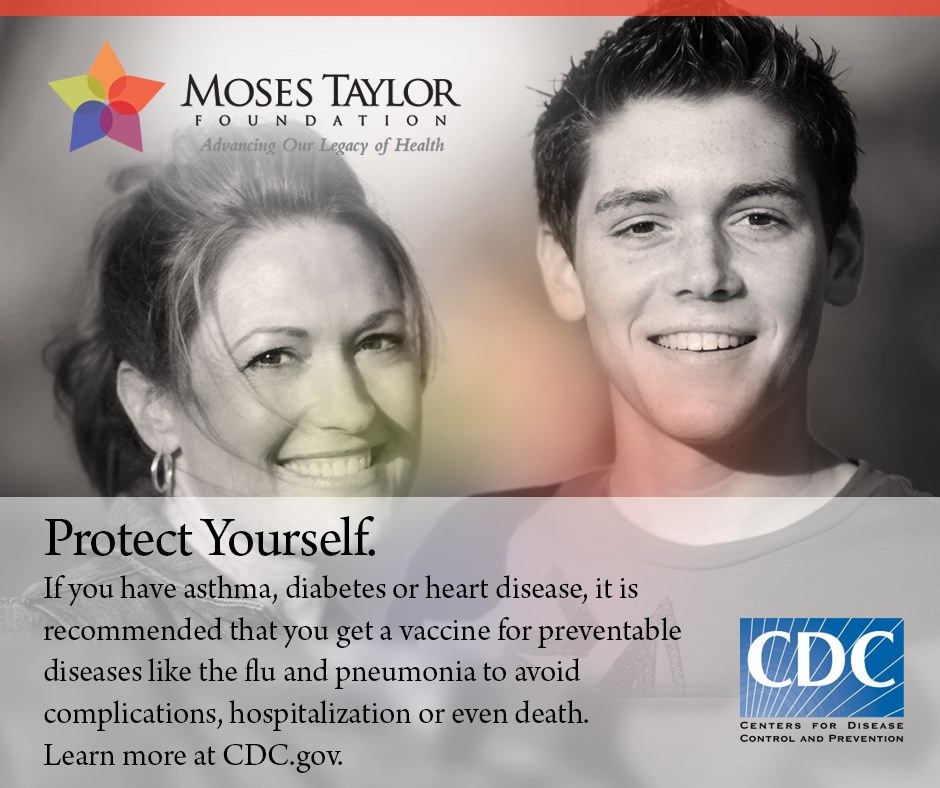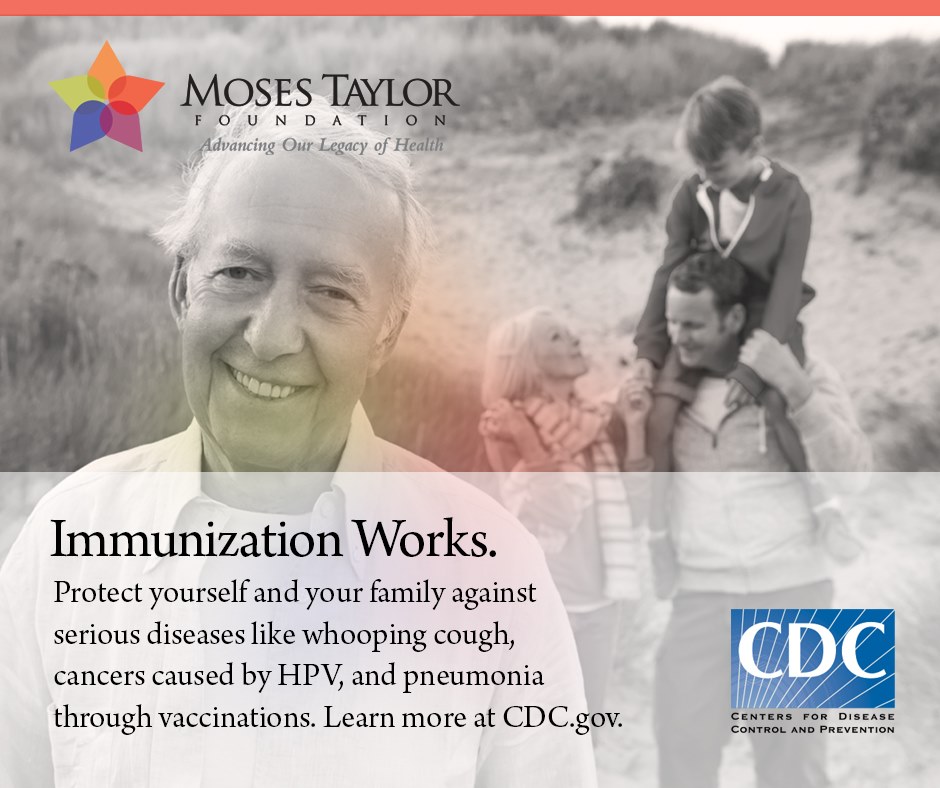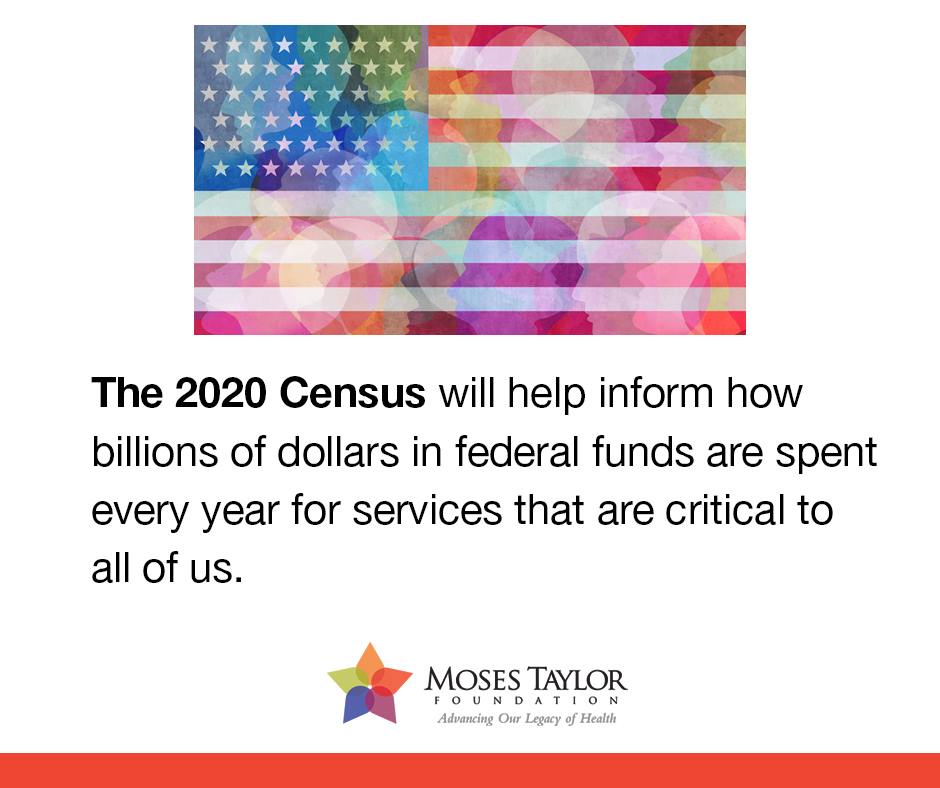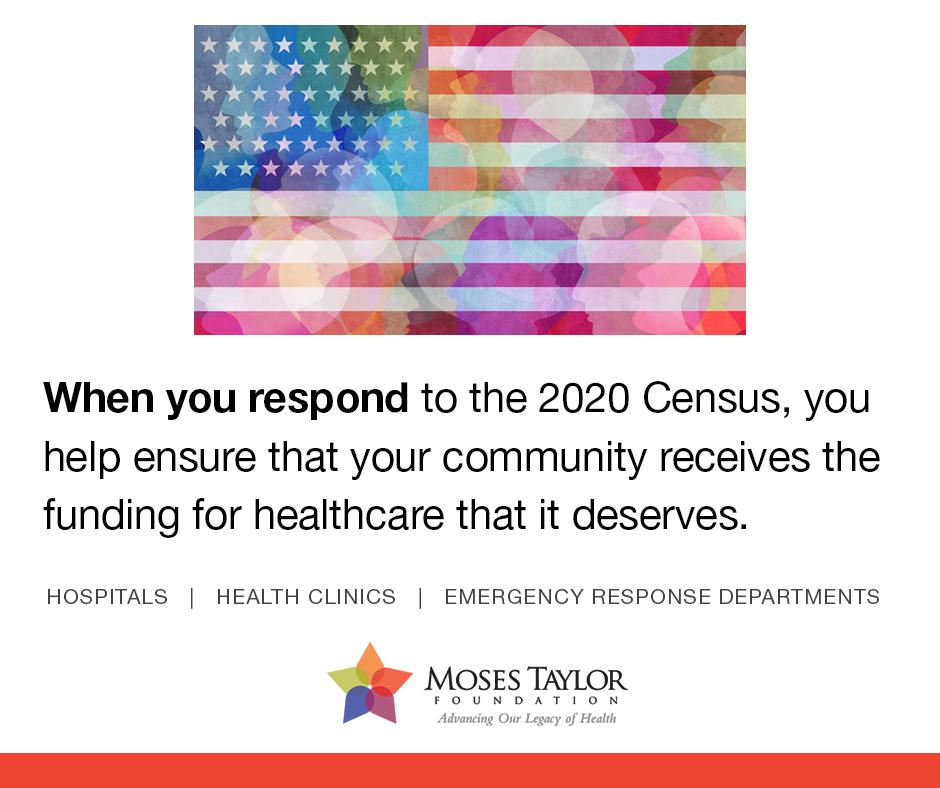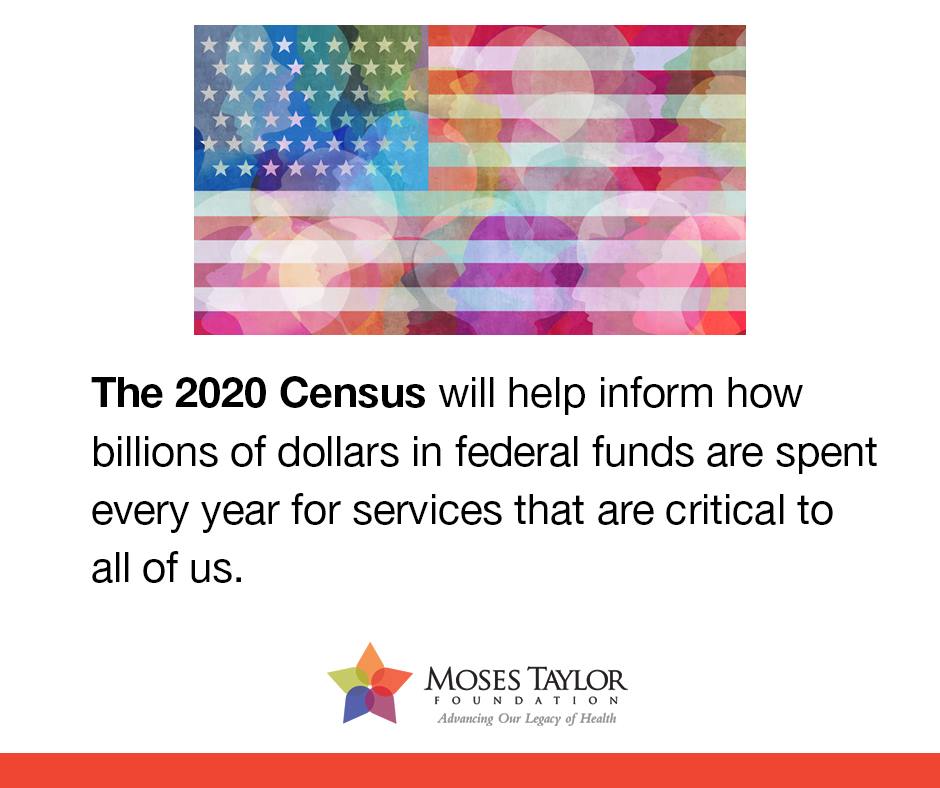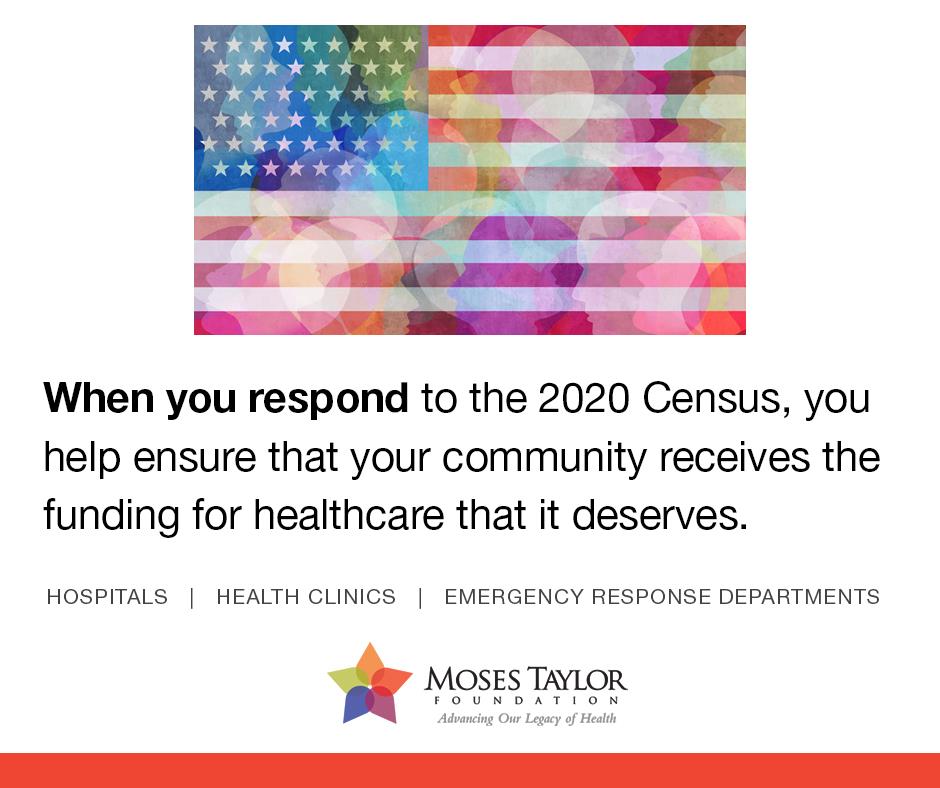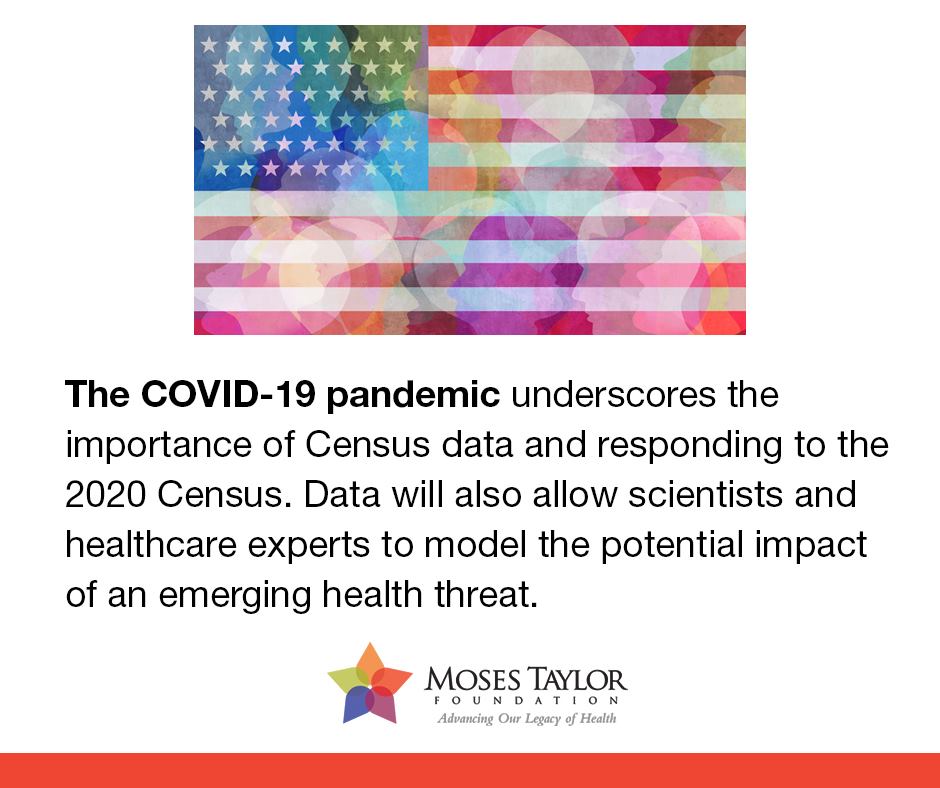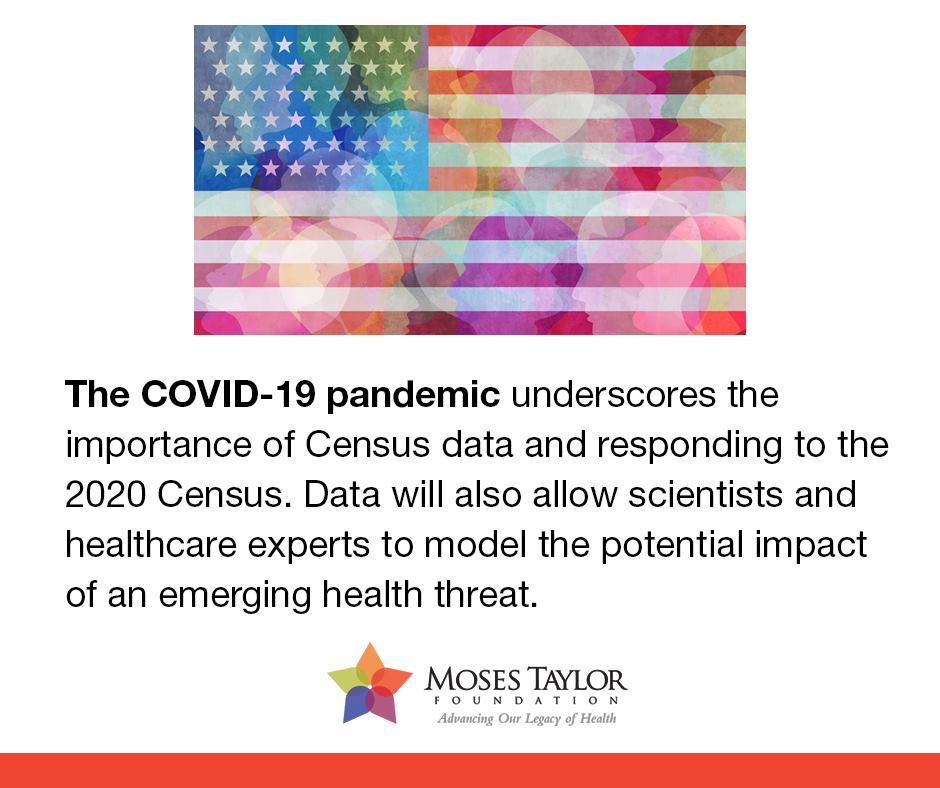Grantee Highlight:
Scranton Area Community Foundation's Center for Community Leadership and Nonprofit Excellence
Looking Back and Ahead at NEPA Learning Conferences
In September 2019, the Scranton Area Community Foundation held its first-ever NEPA Learning Conference. The conference was a major success, offering attendees opportunities – such as hearing speakers and attending workshops – that they may only get at a national-level conference.
“2019's event was very successful. Initially, we were not sure if it would be an every-other-year conference, but because of the success for the first conference, we knew that we wanted to do it again this year.”
-Maggie Martinelli, Vice President, Administration and Operations at the Scranton Area Community Foundation.
Martinelli and the rest of her team began planning for this year’s conference in late 2019. Everything appeared to be moving smoothly, that is, until the COVID-19 pandemic hit.
“We got stymied for a short time with everything going on with the pandemic,” Martinelli explained. “We weren’t sure if we should postpone until next year or to take it virtually. But with everyone’s comfort level now with this technology, we decided to do the event virtually this year. We started rolling out registration at the end of July. It’s going to be 100% virtually held.”
The 2020 NEPA Learning Conference will be held on Thursday, September 17 and Friday, September 18, 2020.
Conference organizers are taking every step to have diverse opportunities for the participants, such as speakers, workshops, and one-on-one sessions. Those who attend this year’s conference virtually can also look forward to break-out sessions, coffee breaks, and virtual show rooms.
“It’s really important that we make sure it’s not just an 8-hour webinar,” Martinelli said. “It’s going to be much more dynamic than that.”
This year’s event will be held through the virtual conference platform, Whova.
According to Vivian Williams, NEPA MOVES Project Manager, the conference will also be an opportunity for non-profits throughout the region to interact with one another.
Moving an entire in-person conference to the virtual world isn’t without its challenges, however. When asked what the biggest hurdle has been so far, Williams discussed the technology.
“I think really trying to educate and inform the speakers along with the attendees on how to utilize the Whova app and how to get the most out of their experience is probably going to be the biggest challenge.”
But the conference organizers have backup plans and support in place. They expect everything to move smoothly as a result of their hard work and planning.
When asked how people have been responding to the news that the NEPA Learning Conference will be held digitally this year, both Martinelli and Williams said that the feedback has been positive.
“There hasn’t been any negative feedback about it going virtual,” Williams said. “People were worried that because of the pandemic that we weren’t going to have it. There’s a lot of excitement that the conference is happening this year.”
2020 NEPA LEARNING CONFERENCE
The 2nd Annual NEPA Learning Conference, hosted by the Scranton Area Community Foundation’s Center for Community Leadership and Nonprofit Excellence in partnership with Moses Taylor Foundation, will be taking place on Thursday, September 17, and Friday, September 18, 2020, through our virtual conference app Whova. This conference will be an opportunity for local nonprofit organizations and nonprofit professionals to receive in-depth training from local and nationally-recognized presenters and to network with peers.

